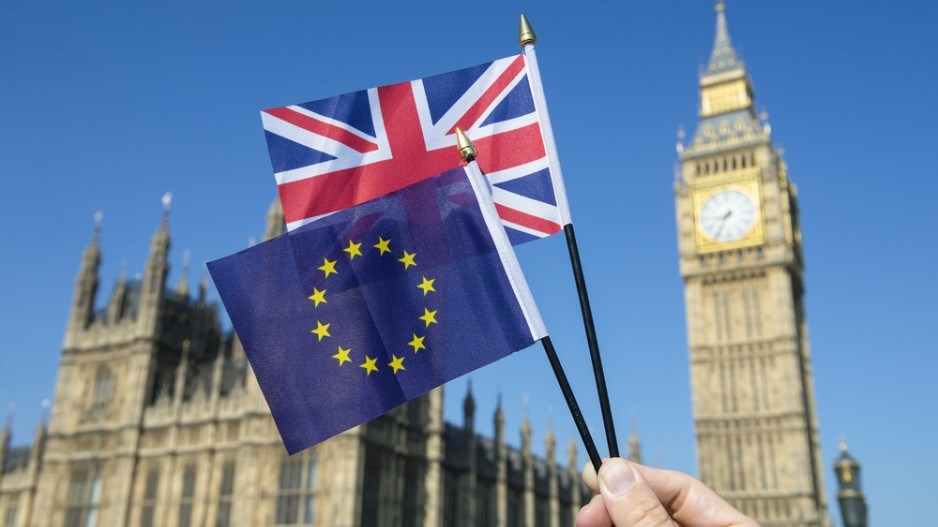The bigger concern is that the U.K. could slide into recession and an already fragile European economy will be destabilized by the loss of its second-largest member, not to mention the potential loss of other “Eurosceptic” members following Britain out of the EU.
Some political scientists also predict that Scotland, which narrowly voted to remain in the U.K. in a 2014 referendum, will now almost certainly hold another vote on independence. And none of that can be good for the global economy.
In the June 23 referendum, British citizens voted 52%-48% to leave the EU, the world’s largest trading bloc. “There will be almost no direct effect on Canada,” said James Brander, an economist at the Sauder School of Business specializing in international trade. “Very little [will] happen. There’s no reason why the existing trade agreements and trade structure with the European community needs to change at all.”
The U.K. is Canada’s third-largest trading partner, according to Statistics Canada. Ontario accounts for the bulk of that trade. The U.K. is B.C.’s seventh largest trading partner, according to BCStats.
Jock Finlayson, executive vice-president and chief policy officer for the Business Council of BC (BCBC), agrees that the U.K.’s withdrawal from the EU will not have much impact on trade between Canada and Britain.
“It’s the knock-on effect on Canada, including British Columbia, from an even weaker economy, recognizing it’s already weak without Brexit,” Finlayson said. “Growth is pretty tepid, at about 3% per year. The real issue here has very little to do with the direct effects on British Columbia, which would be minor. It’s the impact that Britain leaving the European Union [will] have on the global economy and on financial markets and business confidence and, frankly, political stability.”
The formal withdrawal is expected to take two years to complete.
But, in the meantime, there are fears of a U.K. recession.
Within a span of about five hours, as the votes started coming in, the British pound sank to a 31-year low, losing about 9% of its value, pushing up gold prices and safe-haven currencies like the Japanese Yen.
“All the economic modelling shows that Britain pulling out of the EU would cause Britain to go back into recession,” Finlayson said. “Growth, which is anemic anyway, in the European Union without Britain would slow somewhat compared to the status quo projection.”
Brander doesn’t believe the U.K. would necessarily slide into recession. It depends, he said, on how rancorous the divorce proceedings become.
If the EU takes punitive action and raises tariffs on British goods or the British chancellor of exchequer raises taxes and interest rates, then recession becomes more likely – but that would be “completely self-inflicted,” Brander said
However, Finlayson, who said he was disappointed by the referendum’s outcome and worried about its financial and economic fallout, added that the global economy is already fragile and does not need any additional shocks right now.
“The world backdrop is simply not positive at the moment, so you introduce a shock like this into the system, particularly in an environment where central banks have already pushed policy interest rates to zero, [and] there’s very little additional that they can do.”
Kurt Huebner, a political science professor at the University of British Columbia’s Institute for European Studies, said the Canadian dollar could appreciate, if the British pound devalues significantly, as investment capital seeks safer havens.
London is a major financial centre, and Canadian businesses use it as a gateway to the EU for direct foreign investment. Huebner said some businesses may decide London is no longer the place to be now.
“Canada has a fairly strong position in foreign direct investment in the U.K.,” he said. “This has a lot to do with the gateway function of the U.K. So Britain leaving the European Union means losing the gateway function, [which] means why should Canadian companies who use the location of London to move towardthe European market? This is gone now. They may rethink their decisions.”




